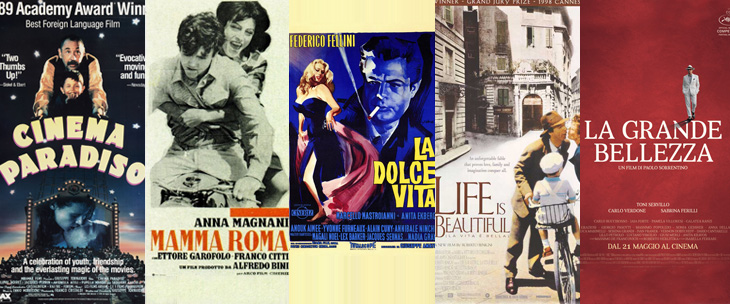It is a mark of modern culture that much can be learned about a Country from the movies that are produced in it. This is particularly true of Italy, whose movie industry has contributed many films that are universally acclaimed as defining masterpieces of the western culture. Wether you are interested in understanding Italy and the Italian perspective because you would like to do business here or visit, or you are a hardcore cinephile, there are a number of Italian movies that I warmly recommend you watch. Incidentally, watching movies can be a fantastic tool for learning the language and getting used to the rich variety of accents and expressions that you are likely to encounter in Italy. Another excellent reason to watch these 5 Italian movies could be that you are human and you love beauty, art and culture, of course. The following list has no aspiration to being complete or in any way objective. Its sole purpose is to furnish you with a quick-start guide to Italian movies, spanning from the golden age of the 60s to Italy’s latest Oscar winners.
✖
Let’s Organize an event together ! Contact us
✖


Leave a reply